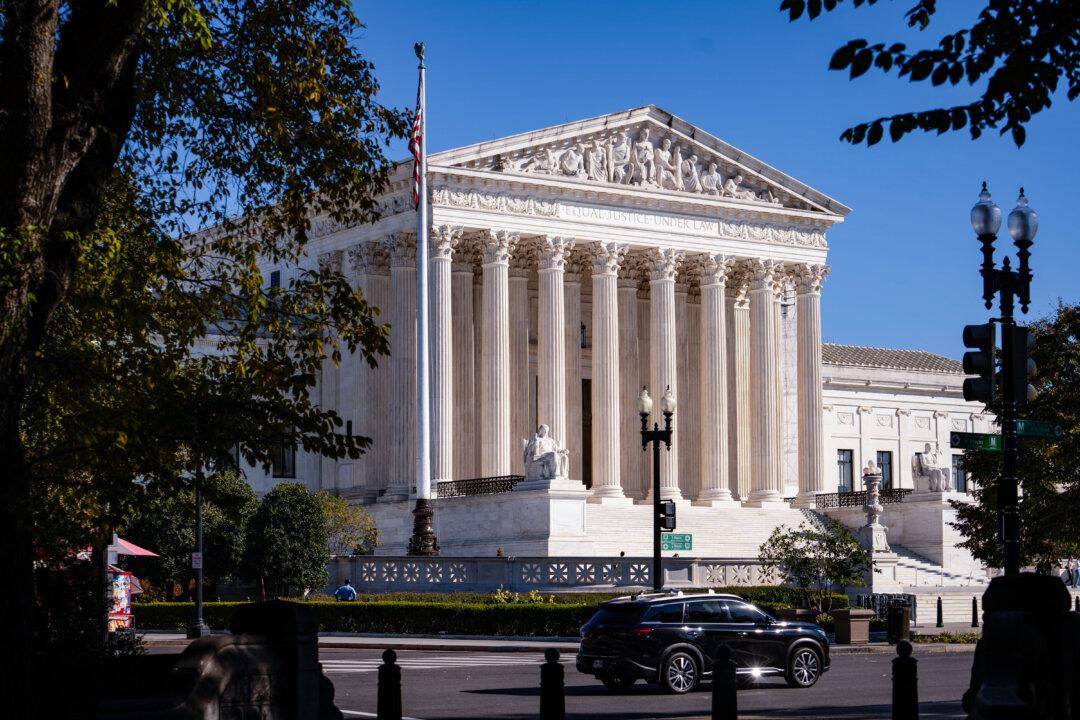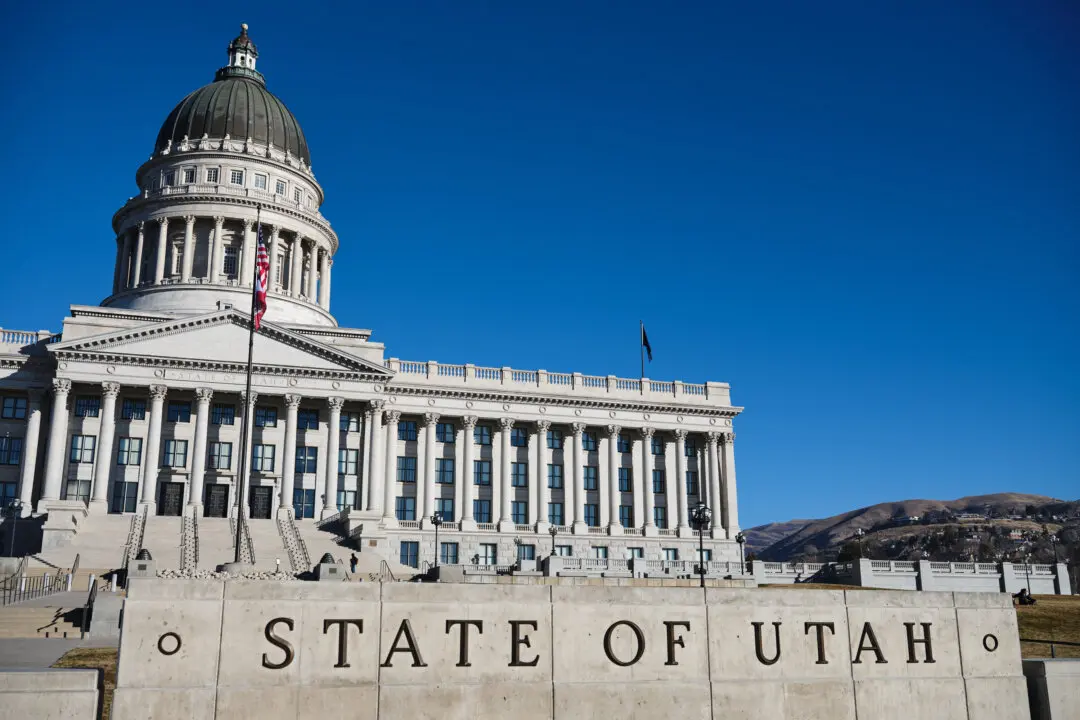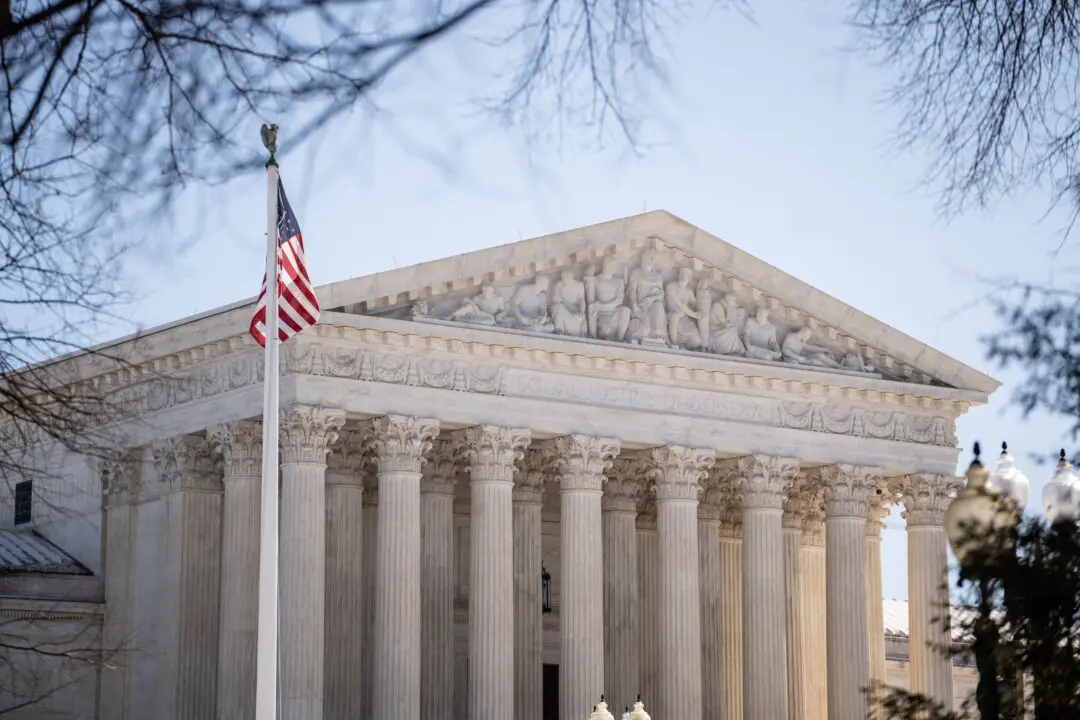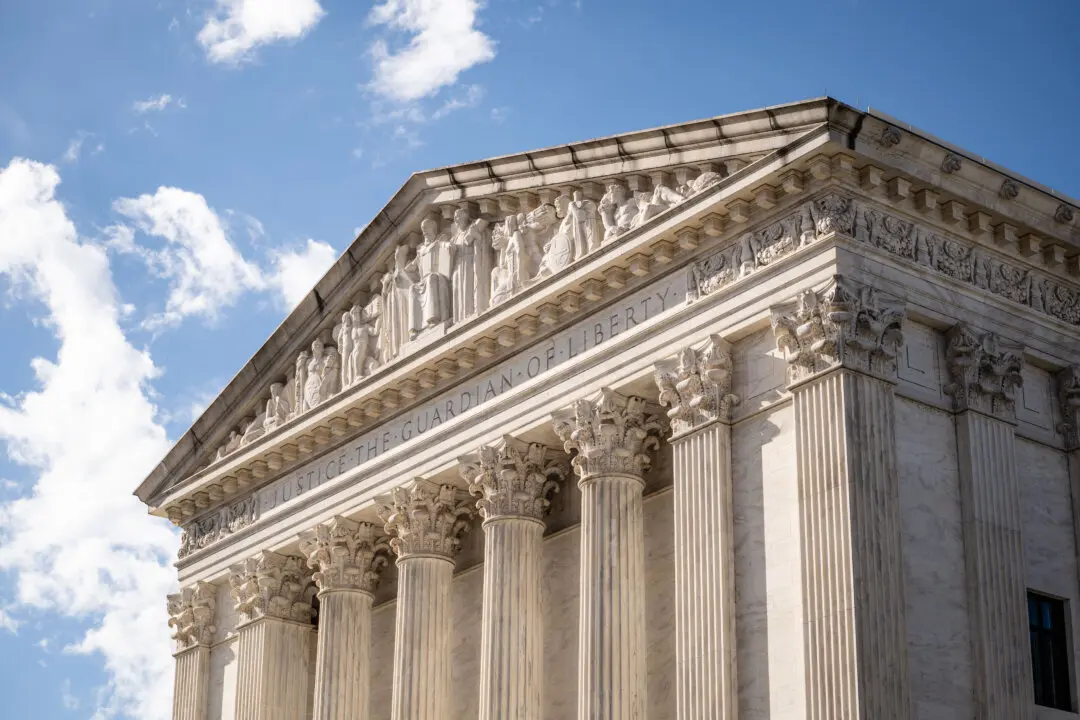The U.S. Supreme Court is expected to hear a potentially game-changing case on gender on Dec. 4 that could delve into the hotly-debated body of evidence surrounding medical care involving gender identity and how it informs state laws.
The case, U.S. v. Skrmetti, focuses on Tennessee’s law prohibiting minors from undergoing so-called “gender-affirming care.” The Tennessee law in question forbids certain medical procedures, which include administering cross-sex hormones and puberty blockers.





